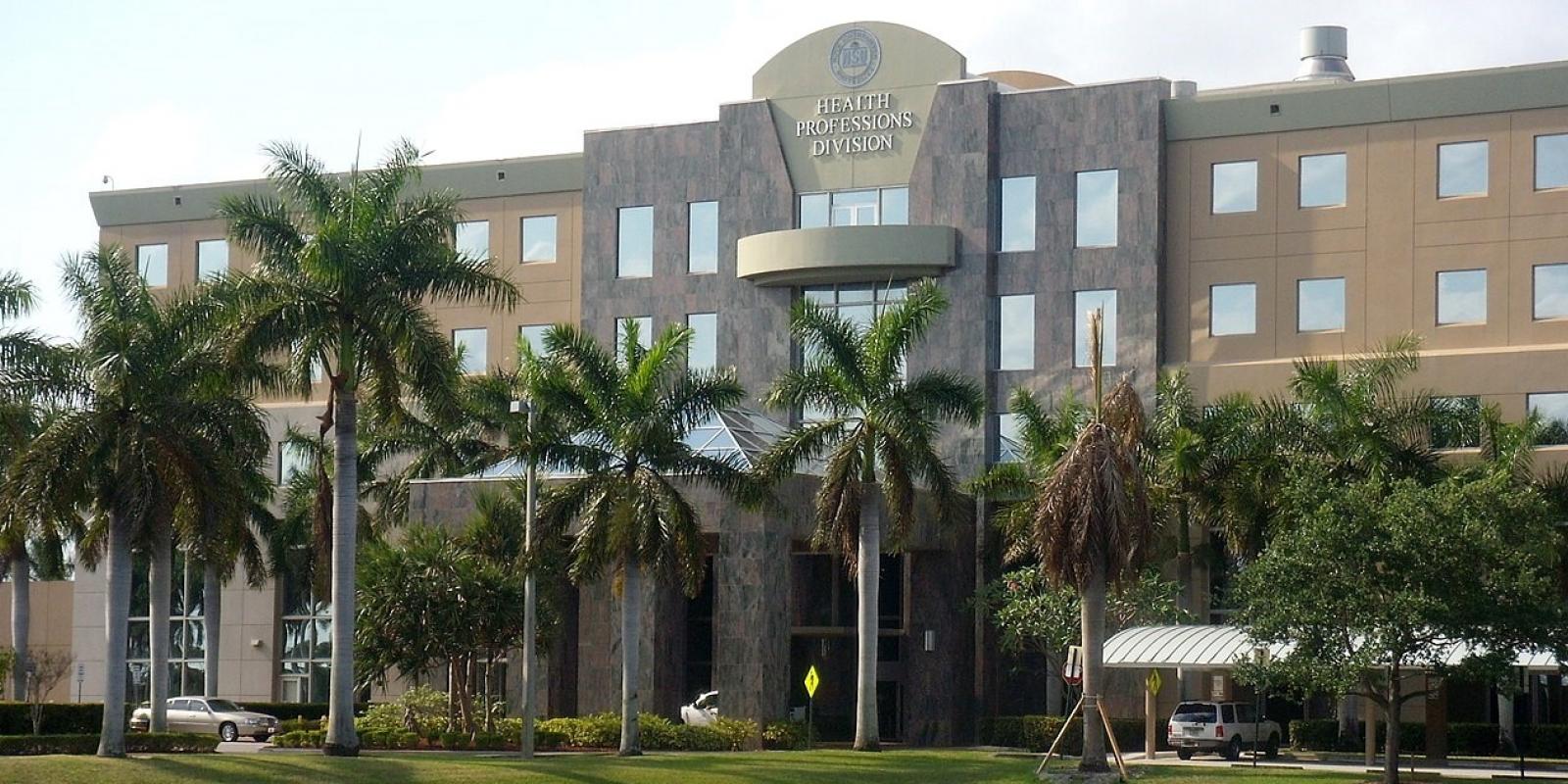Along with the U.S. population rapidly aging during the next several decades, it also is becoming more racially and ethnically diverse. Considering the shortage in geriatricians and certified geriatric health professionals, the need for healthcare providers prepared to work with older adults is significant.
The Nova Southeastern University Geriatric Workforce Enhancement Program (SFGWEP), funded by Health Resources Service Administration (2019-2024) is a collaborative venture between Nova Southeastern University (NSU) Florida Kiran C. Patel College of Osteopathic Medicine (KPCOM) and 10 NSU interprofessional collaborators. These include academic institutions, graduate medical education partners, primary care delivery sites and community-based organizations.
The COVID-19 pandemic has impacted the care provided to vulnerable individuals receiving long-term care who live in nursing homes, people receiving rehabilitation in skilled nursing facilities, as well as residents in assisted living facilities and group homes. We received a supplemental funding award to extend our reach to homebound older adults and the nursing workforce through telehealth and building partnerships with schools of nursing, nursing homes and CNA training sites.
The overarching goal of our grant is to serve older adults, with a special focus on older adults who have chronic diseases and those with Alzheimer’s disease and related dementias (ADRD).
Outcomes include:
- Building competencies to ensure all providers have the knowledge, skills and proper attitudes to provide care for older adults;
- Providing evidence-based trainings on geriatric issues to health professions students, residents, fellows and faculty, healthcare providers working in community-based primary care practices, and community-based organizations serving older adults;
- Transforming clinical training environments to become age-friendly health systems;
- Delivering community-based programs to improve health outcomes for older adults;
- Providing training to patients, families, caregivers and the health workforce on ADRD and on dementia-friendly communities and suitable primary-care delivery sites.
The program is extending its reach in South Florida by providing education to a wider eldercare workforce in training. These trainees range from young professionals younger than age 19 enrolled in a certified nursing assistant program to those who have practiced in healthcare for decades. We are in year four of the grant and have educated 3,670 healthcare providers, 1,115 students, and 2,171 patients and caregivers on multiple geriatric topics.
Through our age-friendly initiative, we have developed a comprehensive curriculum, didactic as well as case-based scenarios in virtual reality to help train students and healthcare providers. Via our didactic and hands-on training we have trained 435 physicians, residents and students. Our virtual reality training on the Age Friendly Health System and 4M care framework (based on What Matters, Medication, Mentation and Mobility) is integrated into the geriatric course and will be facilitated for medical students in their third and fourth years of training.
Implementing age-friendly care in our NSU clinic helped us achieve both Level 1 and Level 2 status through the Institute for Healthcare Improvement. We have disseminated our work asynchronously and synchronously through multiple channels. These include the GWEP website, LinkedIn, GWEP You Tube channel, and podcasts on multiple geriatric topics aligning with age-friendly care. So far, we have 14 podcasts recorded and published, which are shared with the community. In addition, we hold a collaborative annual symposium with our partners at the REACH program at Florida State University.
The program has helped us immensely in promoting the need for patient-centered geriatric care and sensitizing the healthcare workforce in South Florida to the complex and multidimensional needs of older adults. We have been one of the Geriatric Education Centers that has received grant funding through HRSA for many years. Although our work has faced logistical and buy-in challenges, our efforts through multiple quality improvement initiatives have provided us in-depth insight to better care for older adults.
We truly believe the program has a lot of potential and can be a viable tool to measure patient outcomes if integrated with value-based care and optimal patient provider participation incentives.
Sweta Tewary, PhD, MSW, MS, is an assistant professor in the department of Geriatrics and administrative director of Nova Southeastern University (NSU) South Florida GWEP at the NSU Kiran C. Patel College of Osteopathic Medicine (KPCOM). Naushira Pandya, MD, CMD, FACP, is a professor and chair of the department of Geriatrics at NSU KPOM, project director of NSU SFGWEP, and program director of the Geriatric Medicine Fellowship at NSU KPCOM. Both are in Fort Lauderdale.
Photo caption: Nova Southeastern University Health Provisions Division
Photo credit: Courtesy Nova Southeastern University.













